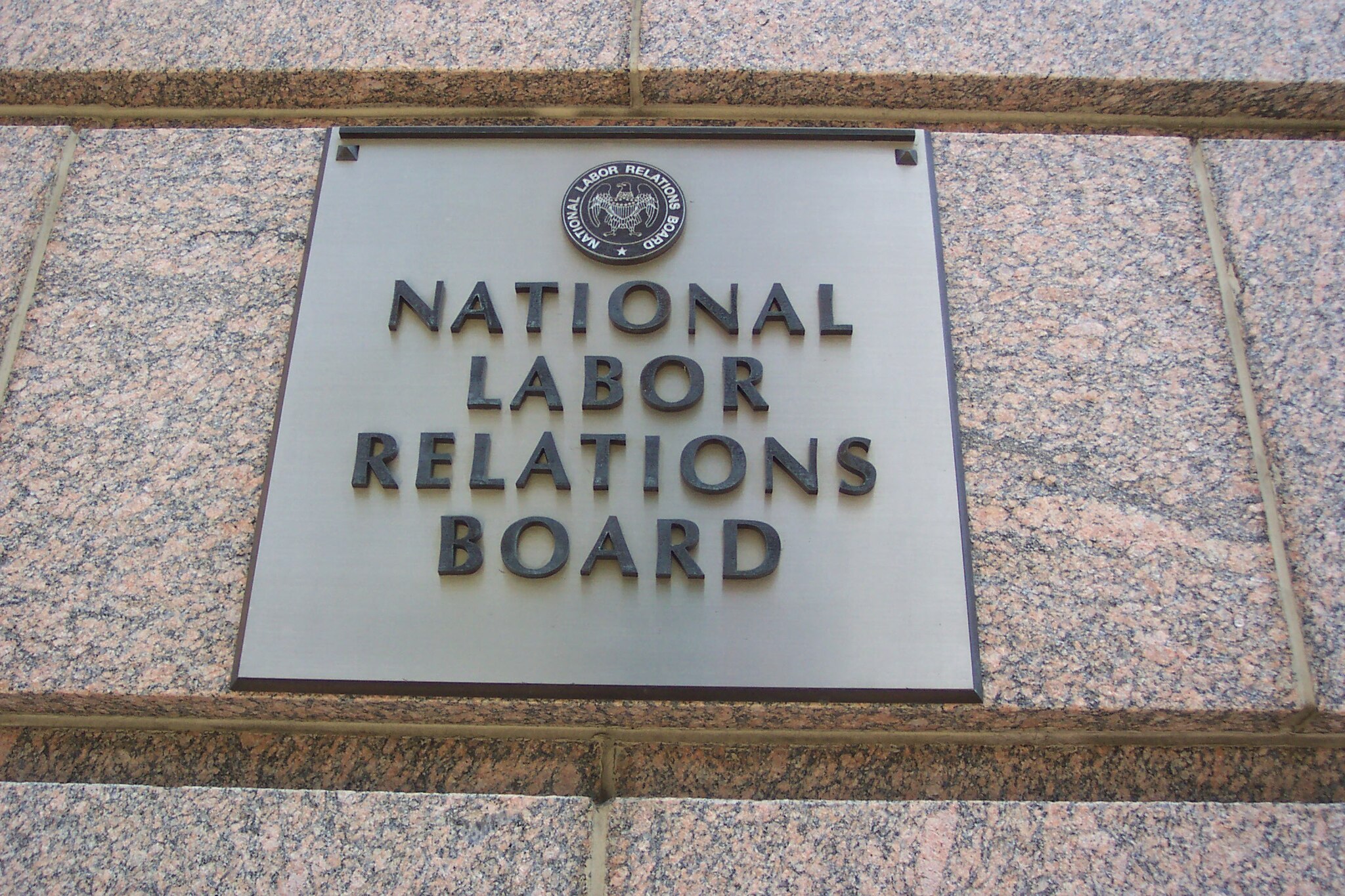
Mila Rostain is a student at Harvard Law School.
In today’s News and Commentary, an administrative law judge holds that Yapp USA Automotive Systems, Inc. violated the NLRA, and the Eighth Circuit has oral arguments on two labor cases.
Yesterday, Administrative Law Judge Gladys Ramirez held that Yapp USA committed a series of unfair labor practices. ALJ Ramirez declined to issue a Cemex bargaining order in response, instead ordering a cease and desist. Yapp USA has a parallel case in the Sixth Circuit, where the company is arguing that parts of the NLRB are unconstitutional. Workers at Yapp USA lost their election last year. ALJ Ramirez found that the unfair labor practices that occurred prior to the critical period were “isolated and minimal.” Among these were unlawful surveillance and interrogation by a former manager and repeated threats of discipline from that same manager for engaging in union activity. During the election period, Yapp USA’s unlawful activity of providing benefits in the form of catering and a bowling event to dissuade employees from unionizing did not rise to the level of “substantial interference” to warrant a Cemex bargaining order. Oral arguments for the Sixth Circuit case challenging the constitutionality of the NLRB are today.
On Wednesday, attorneys for Home Depot argued before the Eighth Circuit that the NLRB unlawfully infringed on the company’s first amendment rights. The NLRB had ruled that the company violated labor law by firing at least one Minnesota employee who refused to take off a Black Lives Matter pin in violation of a store policy against wearing political messages on aprons. The NLRB had ordered Home Depot to reinstate the employee. Home Depot urged the court to rule in favor of employer speech rights and argued that the activity should fall into the “special circumstances” exception for business purposes. Attorneys for Home Depot argued the company enacted and enforced the policy because the message was controversial and would deter customers, while the attorney for the NLRB argued that Home Depot did not provide evidence supporting the danger of losing customers.
In another Eighth Circuit case, business groups argued that Governor Tim Walz’s comments about violators of Minnesota’s captive audience meeting ban warranted a pre-enforcement lawsuit because they constituted proof of imminent enforcement. Business groups are challenging the state law both on First Amendment grounds and as a violation of employer rights under the NLRA. Last year, Walz stated that violators of the ban would “go to jail” at a union event. According to Bloomberg, the appellate judges were skeptical that the language was anything more than political rhetoric, since the captive audience law does not have criminal penalties. The government is arguing that the case should be dismissed on sovereign immunity grounds under the Eleventh Amendment unless the business groups can show a threat of imminent enforcement. The government seeks reversal on the district court’s denial of the its motion to dismiss the case.






Daily News & Commentary
Start your day with our roundup of the latest labor developments. See all
January 19
Department of Education pauses wage garnishment; Valero Energy announces layoffs; Labor Department wins back wages for healthcare workers.
January 18
Met Museum workers unionize; a new report reveals a $0.76 average tip for gig workers in NYC; and U.S. workers receive the smallest share of capital since 1947.
January 16
The NLRB publishes its first decision since regaining a quorum; Minneapolis labor unions call for a general strike in response to the ICE killing of Renee Good; federal workers rally in DC to show support for the Protecting America’s Workforce Act.
January 15
New investigation into the Secretary of Labor; New Jersey bill to protect child content creators; NIOSH reinstates hundreds of employees.
January 14
The Supreme Court will not review its opt-in test in ADEA cases in an age discrimination and federal wage law violation case; the Fifth Circuit rules that a jury will determine whether Enterprise Products unfairly terminated a Black truck driver; and an employee at Berry Global Inc. will receive a trial after being fired for requesting medical leave for a disability-related injury.
January 13
15,000 New York City nurses go on strike; First Circuit rules against ferry employees challenging a COVID-19 vaccine mandate; New York lawmakers propose amendments to Trapped at Work Act.